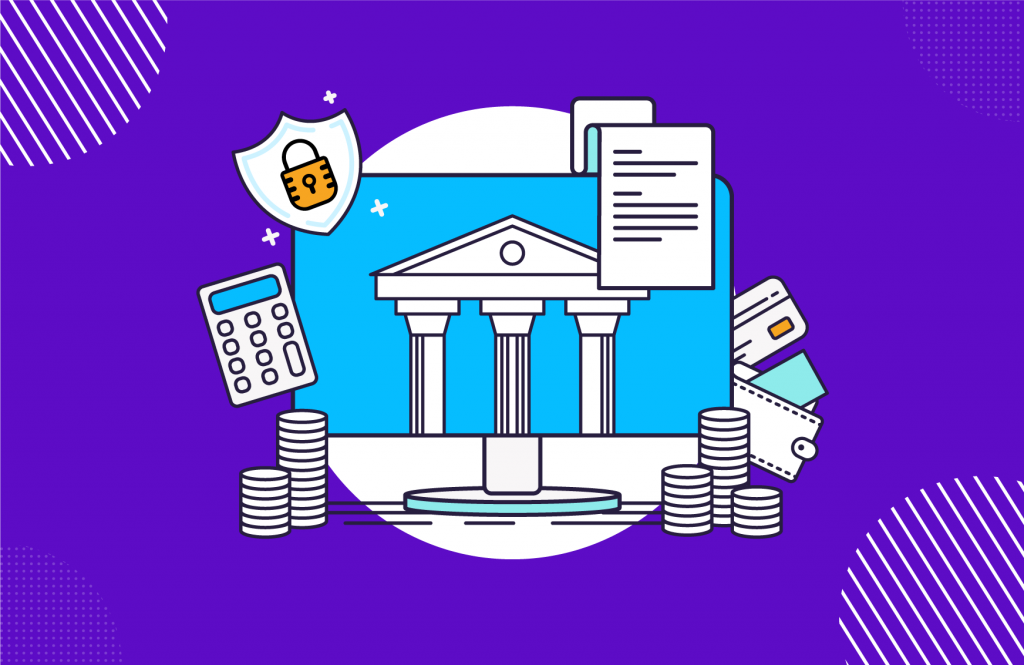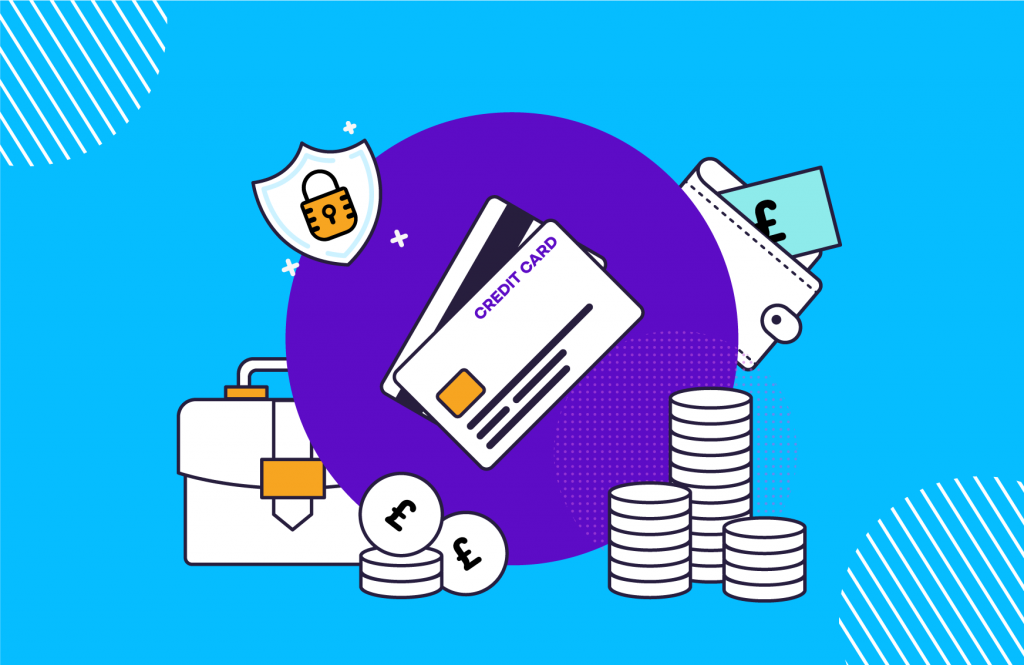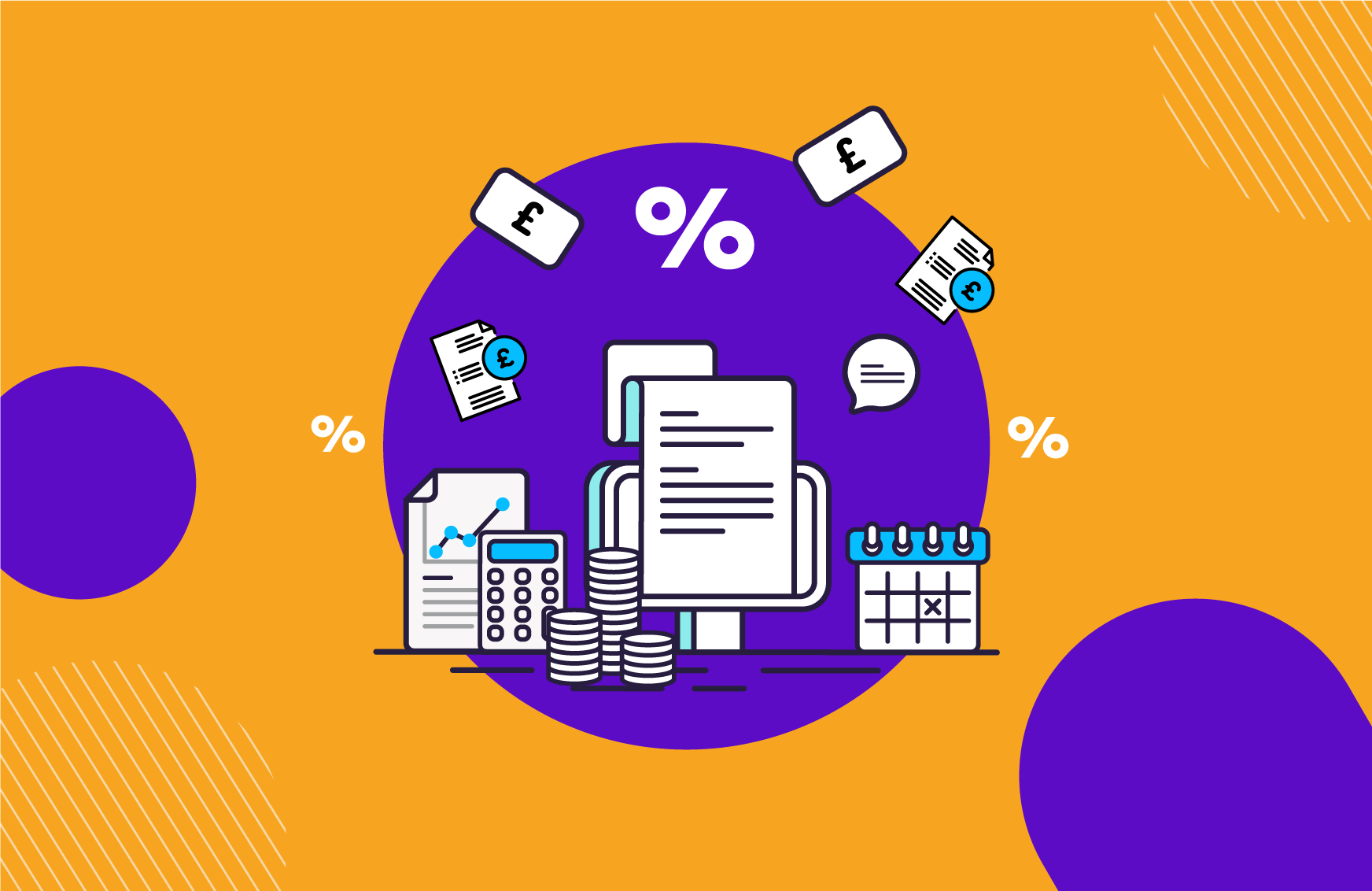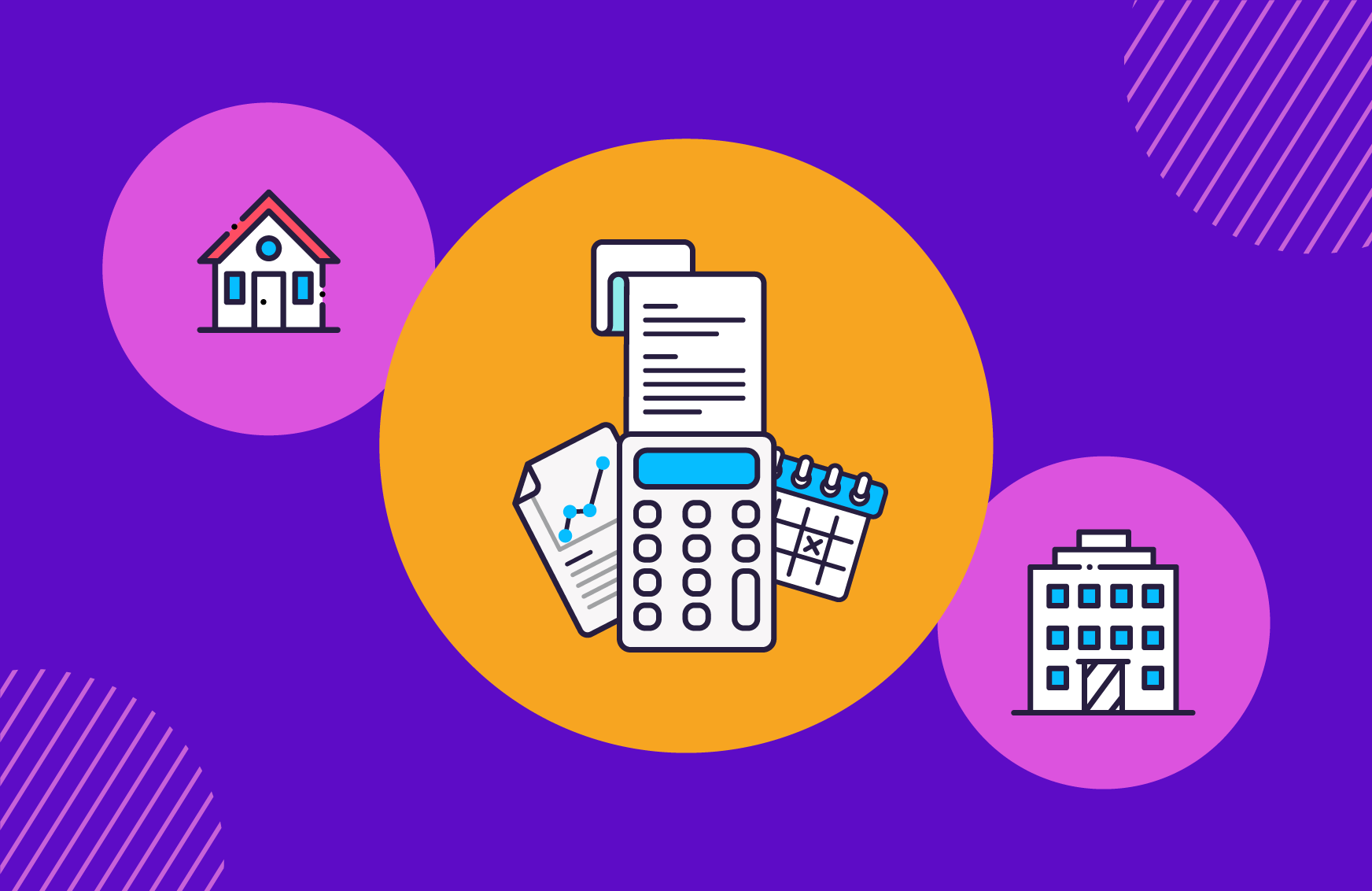A brief guide to claiming expenses for your freelance business
Bit confused by what you can and can't put on your tax return as valid business expenses? You're not the only one.
In case you're not sure how it works, your total 'allowable expenses' for the tax year will be deducted from the total you pay tax on.
For example, if you earn £40,000 and claim £5,000 in expenses, you'll pay tax on £35,000.
It really pays to claim for the right stuff and not miss anything out. This is how to calculate it properly and fill in all the right information when you file.

Before we start...here are some important distinctions
This guide to expenses is for sole traders only. The rules are different for Limited Companies - your accountant is the best person to ask about this.
What's not included:
- Money taken from your business to pay for private purchases.
- Commuting between home and your office/workplace.
- Any parking or speeding fines while you're travelling for work.
- Any personal expenses not related to your business activities.
E.g. fuel for driving to see family or a phone you only use for personal calls and messaging. - Remember! You can't claim expenses if you've used your £1,000 tax-free 'trading allowance'.
The expense categories you need to know according to gov.uk
If you have a business premises/office:
- Rent
- Business rates
- Water and utility bills
- Insurance
- Security equipment
Your everyday business costs:
- Phone, mobile, fax and internet
- Postage
- Stationery
- Printing and printer ink and cartridges
- Computer software and hardware
Travel
- Vehicle insurance
- Repairs and servicing
- Fuel
- Parking charges
- Car hire charges
- Vehicle licence fees
- Breakdown cover
- Train, bus, air and taxi fares
- Hotel rooms
- Meals during overnight business trips
You can also claim for specialist clothing or uniforms bought for work, a range of staffing costs, legal and financial costs (including your accountant's fees), marketing costs, and training courses.

There are two options if you work from home
You can claim for the proportion of your home that you use for work. OR if you don't fancy working that out you can claim a Flat Rate already defined by HMRC.
How the Flat Rate works:
25-50 hours a week - £10 deduction
51-100 hours a week - £18 deduction
101+ hours a week - £26 deduction
The price you pay for simplification is being allowed to only claim a capped amount. If you're working part-time hours or think these figures are just too low, you're probably better off working it out yourself by looking at the time you spend working from home and in what portion of your home.
This is the example gov.uk provides (it involves doing a bit of maths):
You have 4 rooms in your home, one of which you use only as an office.
Your electricity bill for the year is £400. Assuming all the rooms in your home use equal amounts of electricity, you can claim £100 as allowable expenses (£400 divided by 4).
If you worked only one day a week from home, you could claim £14.29 as allowable expenses (£100 divided by 7).
These are the 'work from home' costs you can claim for:
- Heating
- Electricity
- Council Tax
- Mortgage interest or rent
- Internet and phone

A few other important things to remember
Always keep receipts. You need to be able to prove business expenses so make sure you ask for a receipt and keep it somewhere safe if you're buying in-person, or save any digital receipts that are emailed to you.
If you're not sure, check. Always check if an expense is 'allowable' before you include it in your Self Assessment calculations. The distinctions between 'allowable' and not 'allowable' can be really specific and even a bit arbitrary. For example, you can claim for a training course relevant to your business but you can't claim for a training course about starting a new business.
Consult an accountant if you think you're missing out. You could be paying more than you need to. Accountants know everything there is to know about claiming expenses and will have thought of things you haven't. Make use of this part of their service to save money.

That's expenses sorted. Time to speed up your invoices too.
Solna makes invoicing simple. And it's FREE. Automate your invoice reminders, track all your due dates, and create super stylish, professional invoices from our range of templates. Start invoicing for free, FOREVER.








